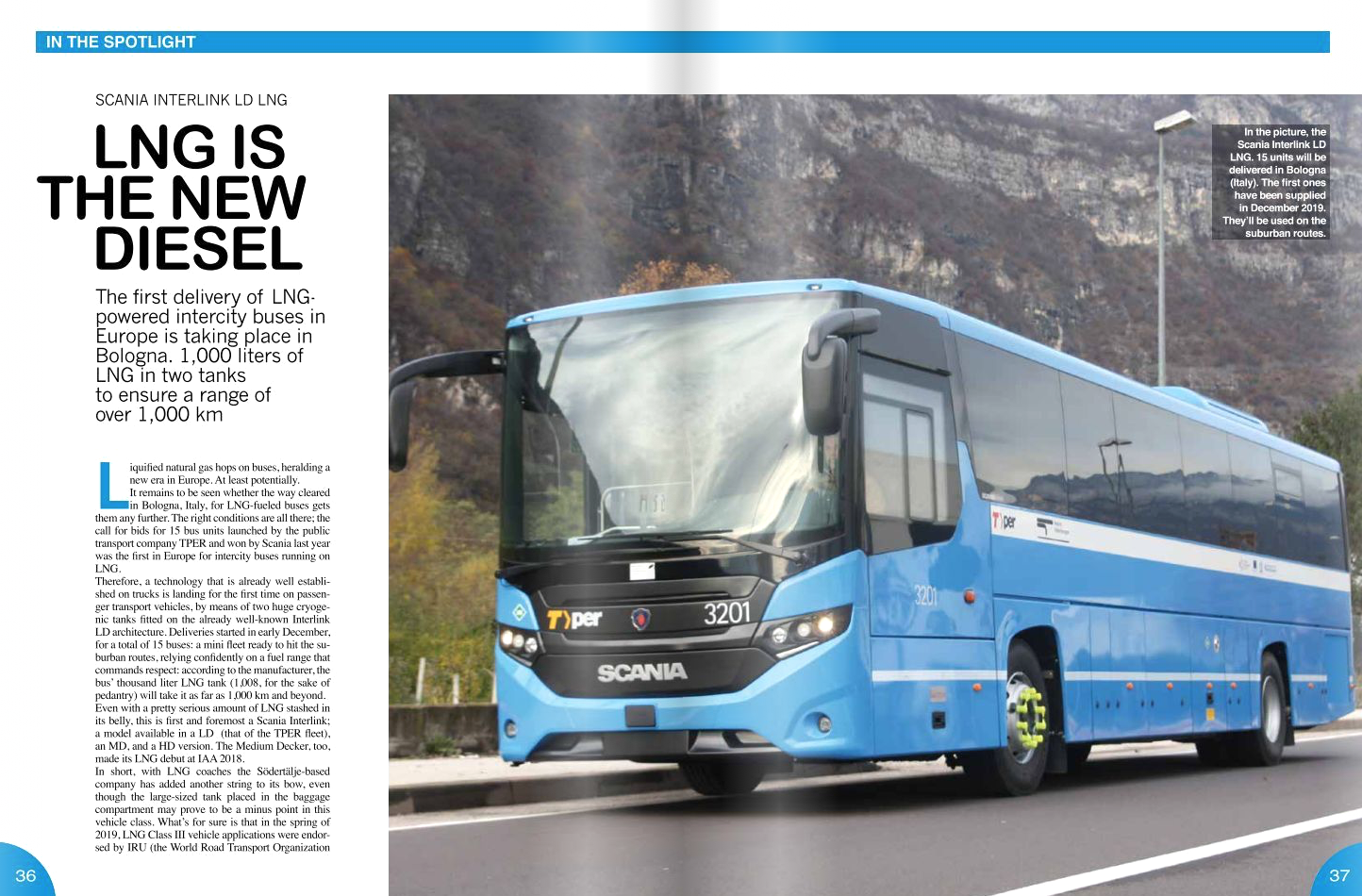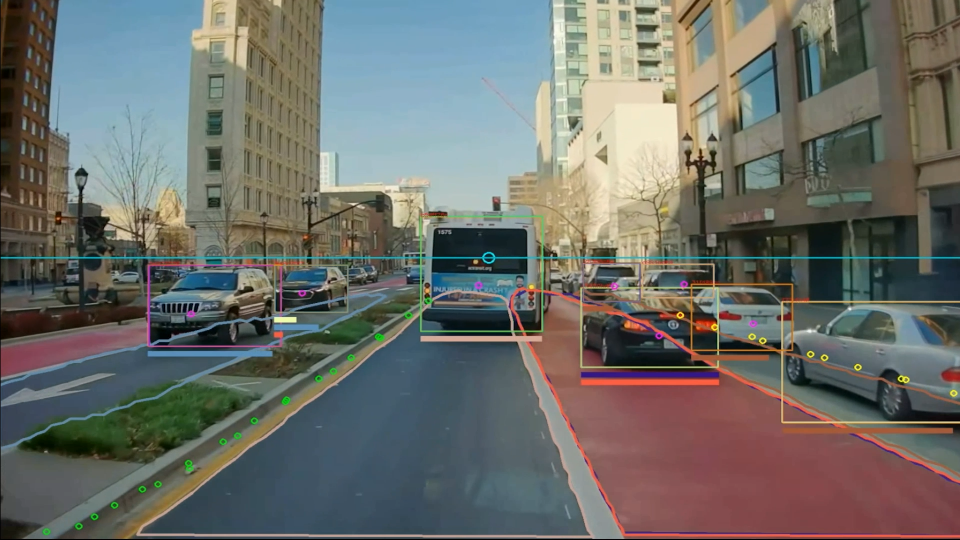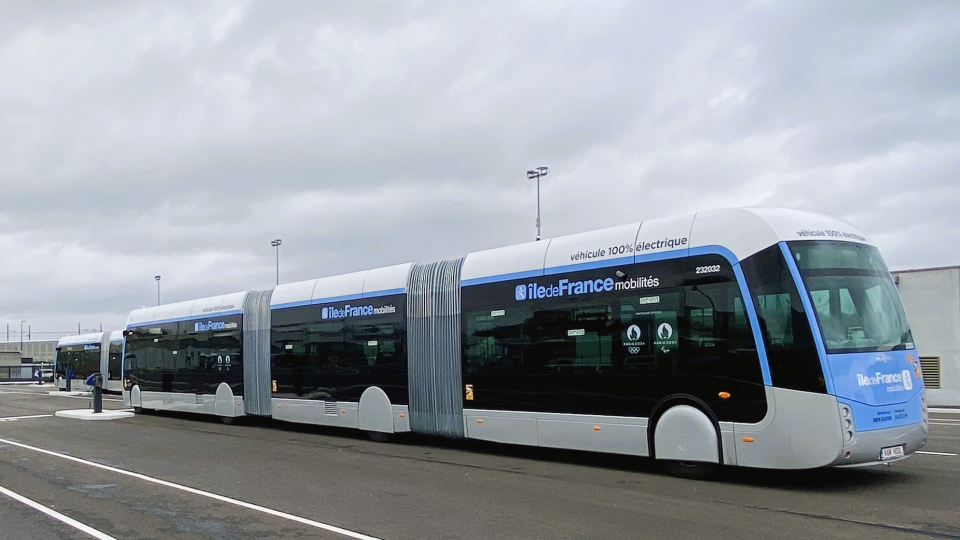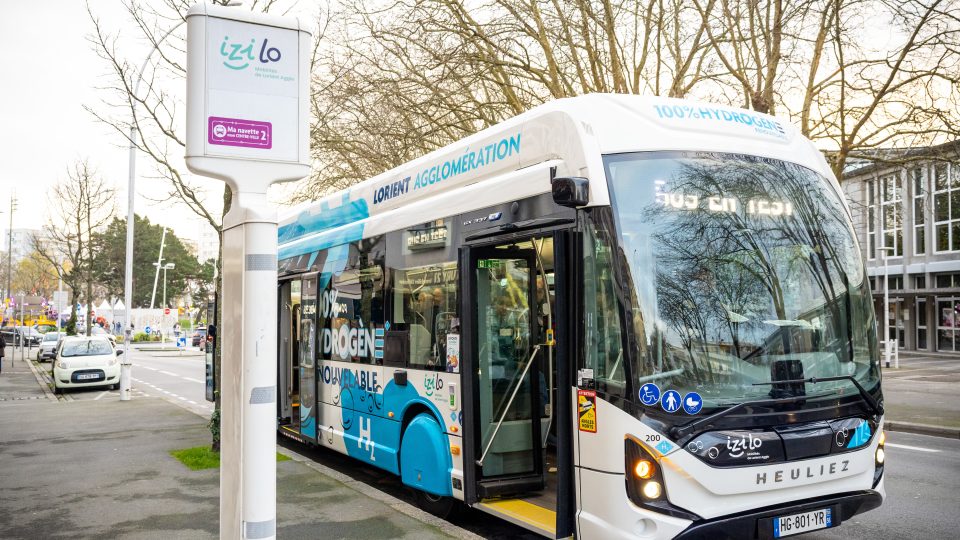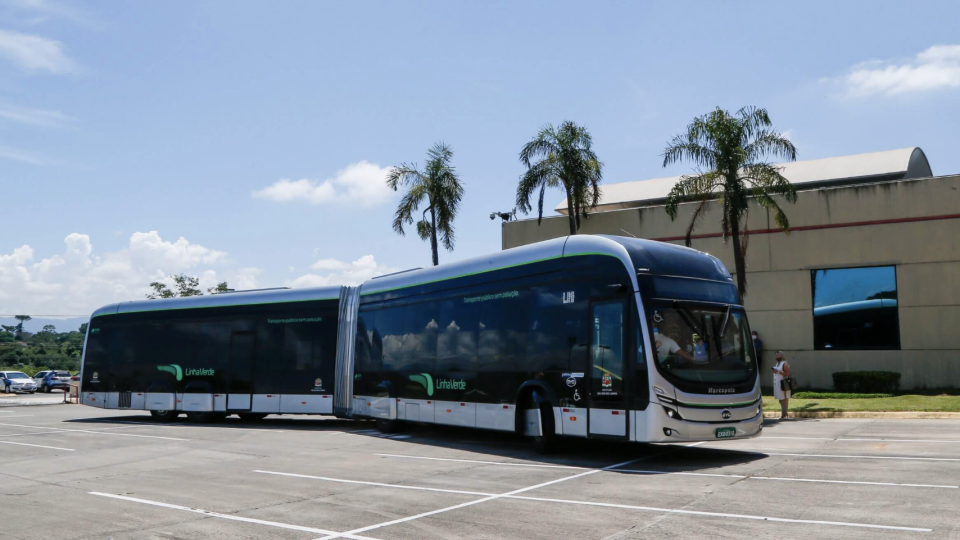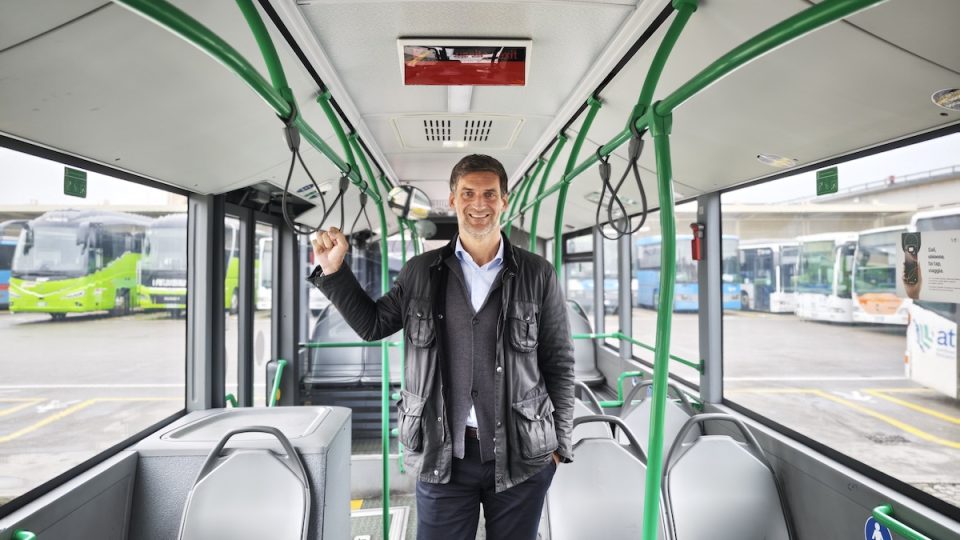Scania, Anna Carmo e Silva: «E-bus production in the starting blocks. Biofuel will play a role»
Scania is about to enter the electric bus market with the Citywide BEV unveiled at Busworld and tested since 2017 in Sweden. Series production has been delayed because of Covid pandemic (which had a severe consequence on the brand’s activities in the bus & coach field, with a -44% of order intake in the first […]
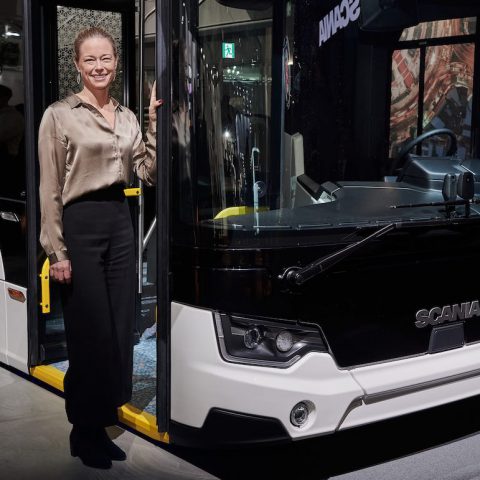
Scania is about to enter the electric bus market with the Citywide BEV unveiled at Busworld and tested since 2017 in Sweden. Series production has been delayed because of Covid pandemic (which had a severe consequence on the brand’s activities in the bus & coach field, with a -44% of order intake in the first nine months of 2020). Anyhow, now it’s «in the starting blocks». But e-mobility is just one side of Scania’s strategies in the bus & coach sector: «Biofuels will play a major role». Hydrogen? «Not ready to be scaled in the transport sector at this point of time».
The above mentioned statements come from the interview we had with Anna Carmo e Silva, Senior Vice President Buses & Coaches in Scania Group, focused on the impact of Covid, on the current projects and on the future scenarios the Swedish group is getting prepared to.
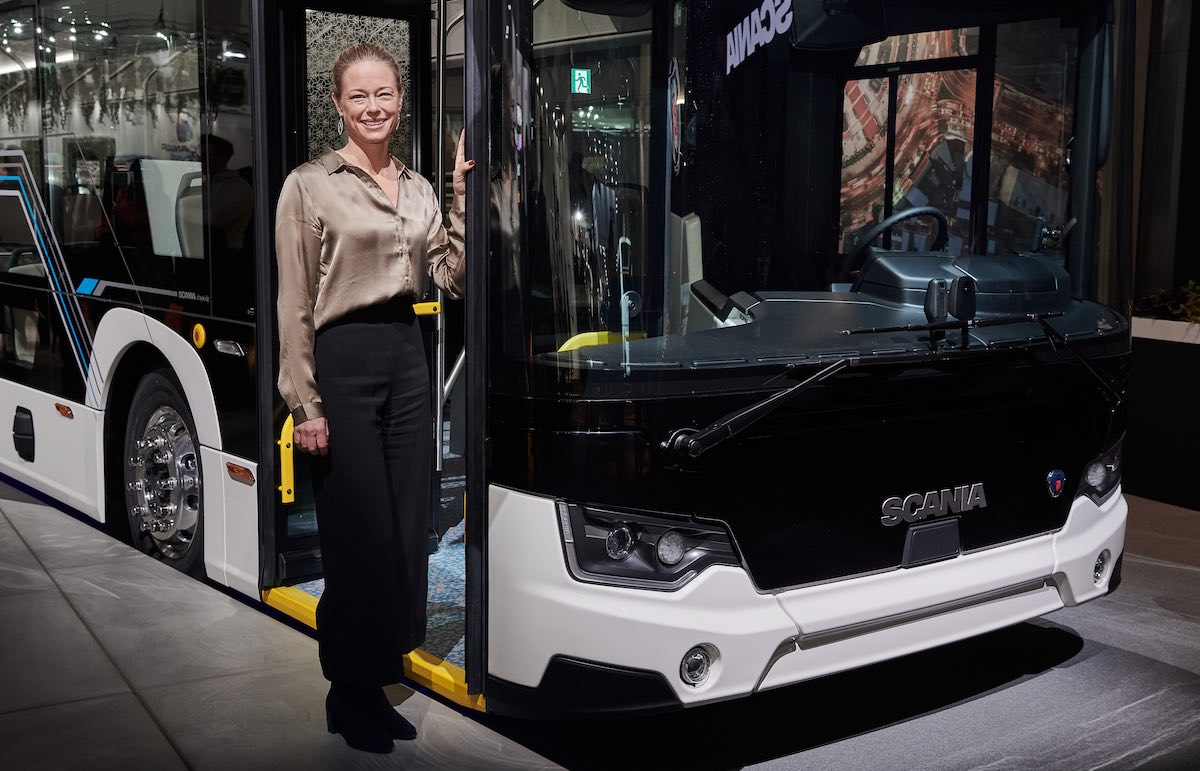
Anna Carmo e Silva, the Covid hit the activities very hard
Anna Carmo e Silva, Senior Vice President Buses & Coaches in Scania Group, may you quantify the repercussions of the Covid crisis on Scania sales volumes in the bus&coach field? Which are your expectations for next year?
«The global Covid crisis is having severe consequences. In the first nine months of this year our order intake decreased about 44 per cent compared to last year and the situation is still very tough. Looking at the statistics coming from our connected vehicles all over the world we see that this year the fleet utilization has gone down drastically, mostly in the long distance sector but also in the city bus segment, due to different lockdown situations and travel restrictions. Now, with the second wave going on, we observe that the utilization is decreasing again. We also see that tenders have been postponed in many places and renewal of the fleets is put on hold. We foresee it will take at least a couple of years for the market to recover. Next year will be challenging. But I would like to underline that in the long run there will be more need for sustainable transport solutions, where buses and coaches play a crucial role».
In the Scania group’s year-end report 2019 we read «There is great potential for wider use of biofuels». Is this consideration applicable also to the bus & coach market?
«Yes, it is very applicable to buses and coaches. The fact that public transport vehicles are to some extent controlled and financed by public money makes it possible to use these vehicles as a tool in the transformation to a sustainable transport system. Production of renewable fuels like biogas requires a stable demand over time, and bus fleets are able to express such a demand, also allowing other applications to arise. Renewable fuels have many positive effects, just consider the waste reutilization and the creation of local jobs».
Electrification is not the silver bullet…
«It isn’t. It depends both on the regions and on the applications».
Scania, Anna Carmo e Silva: the e-bus on the launching pad
Scania Citywide BEV series production has been announced to begin in Q3 2020. Has the Covid pandemic impacted on the timeline? Where are we standing right now?
«The Covid situation has impacted all of us in the industry and it has also influenced to some extent the introduction plans of our new generation buses and coaches but we have managed to limit the impact in order to meet the expectations of our customers. So we will soon see more Scania Citywide BEV on the streets. Series production is in the starting blocks».
A follow-up order for the Citywide BEV has been recently announced in Sweden, where vehicles are in operation since 2017. Which relevant data have you collected so far from the operations?
«Actually it has been a long operation test. The climate put very high demand on reliability of the buses. They have been operating in temperature form – 30 to plus 30 degrees. We have collected a lot of data in order to make our e-bus solution able to comply both with the coldest weather and with normal or warmer conditions. For example we started our trial tests with a bus equipped for opportunity charging, but we have been able to understand more the operation needs and we decided to extend our BEB offer also to cover depot charged routes».
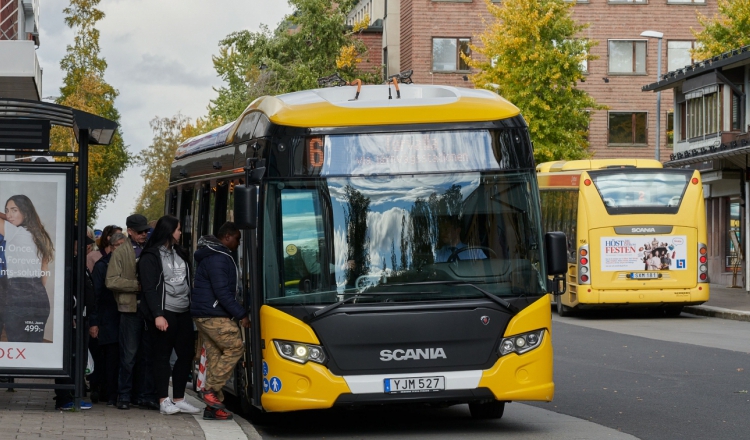
Are you targeting any specific market?
«We are starting with Europe, in all the countries where we are present today, but we know that the demand is global, so we are looking at the rest of the world also»
Should we expect an articulated version of the Citywide BEV?
«We worked with this product range, as with all our products, in a modularized approach so we will continue to expand our product portfolio».
According to the figures at your disposal, how do you forecast the evolution of the electric bus market in the next years?
«We see a continuing shift towards electrification, especially for inner city traffic. The legislation in Europe, for instance the Clean vehicle directive, is of course contributing to this development. Battery electric buses are also coming closer to buses with combustion engines when it comes to operational costs, and this will strengthen even more the demand. They are now an important part of the city bus market and this will continue to grow».
Liquified natural gas on intercity buses
The LNG-powered intercity bus is a peculiarity of Scania. A couple of supplies have taken place in Italy. Are there other regions where this application is ramping up?
«We see this option as an attractive opportunity for line buses and express buses operating on medium and long routes. We really believe we will see this solutions mainly on normal floor buses. The main region we are focusing on with this product is Europe, although there is some interest also in Latin America. A market where we are in discussion right now is Sweden».
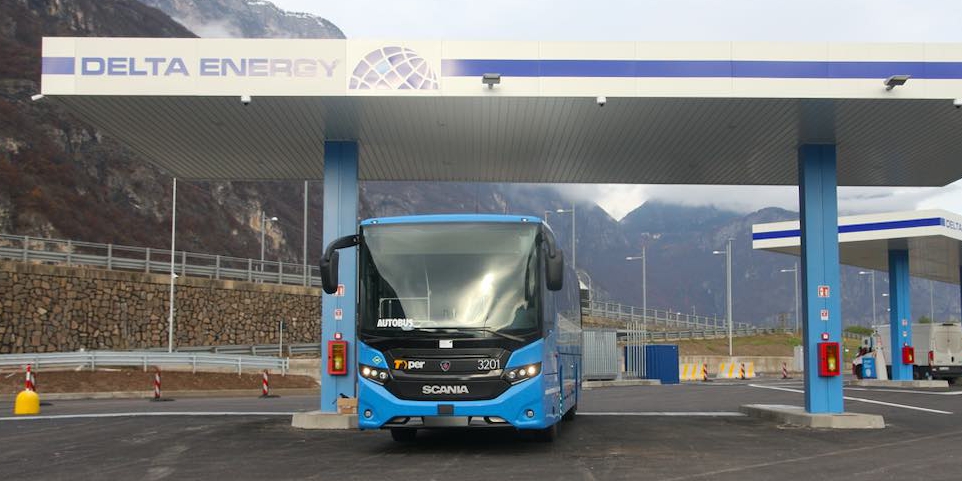
Scania also presented a coach equipped with LNG motor. Is this vehicle today commercially available? In this sector (tourism), heavily hit by the crisis, do you expect the topic of energy transition will fade into the background?
«We see that express bus operations are an interesting segment for this fuel. With CNG solutions we can reach a range of 500 km, while with LNG the range can be double that figure. This makes it an interesting option. We have this solution both in total in-house solution with the Scania Interlink but also in collaboration with external builder partners, as Irizar for example. I think it’s important to separate the short and long term. In the longer perspective the demand for sustainable transport solution will come back, I’m sure of this».
Many producers are starting to develop hydrogen bus projects. Scania has been piloting fuel cell trucks in Norway. Do you think biofuel and LNG can be good solutions for the long-term or should be considered a bridge for a future uptake of fuel cell technology in the long distance segment?
«I think it will take still many years until we have fully electric fleets, especially in some parts of the world. So I think biofuel will play a role in the foreseeable future. When it comes to finding zero emission solutions for city bus transport we are convinced that battery-electric vehicles will be the viable solution for achieving that, mainly due to the higher energy efficiency. But of course we see there is an interest from the market concerning hydrogen technology and investments have been made. We are closely monitoring the developments while learning from trials we are making in the truck side. From our point of view, however, this technology is not ready to be scaled in the transport sector at this point of time. And it also put a big demand on a well-to-wheel perspective on hydrogen, in order to ensure that clean electricity is used to produce it».
